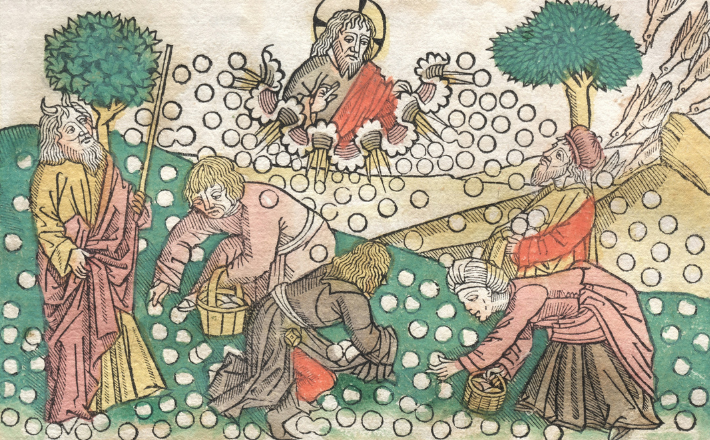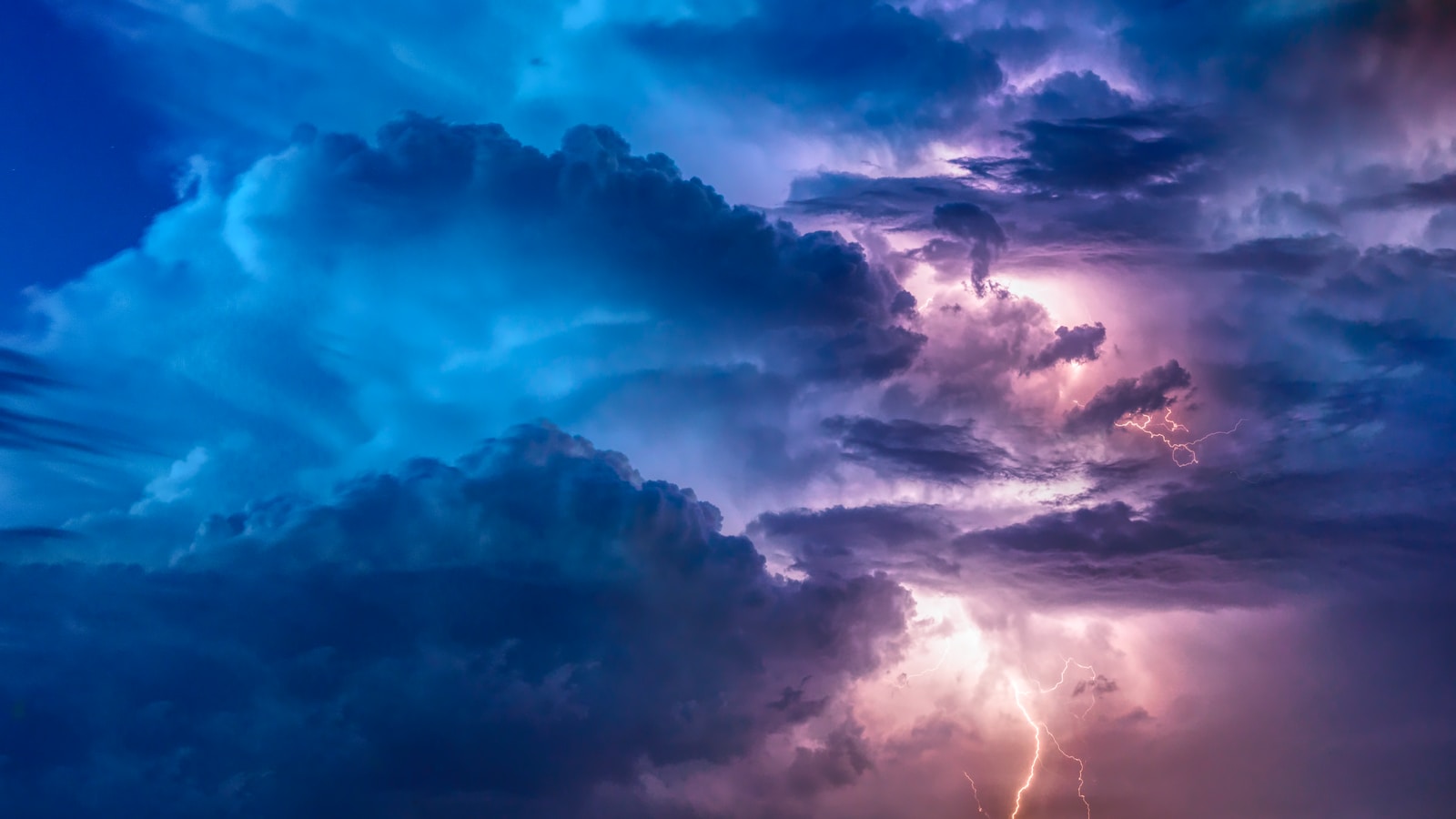Commentary on Exodus 16:1-18
They must have been so confused! This is deliverance?! Just when the Hebrews think they’re home free, delivered out of slavery by the mighty hand of God, they find themselves struggling in the wilderness with barely enough to eat. Ready for a life of freedom, they are given decades of wandering instead. Wilderness leaves them utterly lost, questioning whether this is any better than their enslavement. They are confused, in shock. Their version of what deliverance should look like is not this disoriented version of life they are living.
Let’s notice a few things going on here that raise fruitful questions for preaching and congregational engagement with this text:
First, liberation leads to wilderness.
Shouldn’t liberation lead to celebration, ease, and comfort? This exodus narrative offers a deep truth about human life: We think we want to be free—free of this boss, this marriage, this addiction—until we get free. Then we find out that freedom likely means a trek through wilderness before we reach the promised land. Our fantasy of freedom is often oversimplified and cannot tolerate the demands of real life, challenges we never imagined when we were in captivity. Getting sober, free of addiction, isn’t easy. Staying sober is even harder.
When has our liberation led us to disorientation instead of ease? How might God free us for wilderness trekking?
Second, God’s people are unabashed in their complaining.
They complain loudly and long. They detail their grievances. They accuse Moses of murderous intent. They say they wish they were dead. They go so far as to claim it was better to be enslaved than to suffer this. Clear and honest complaint begins this interchange with God.
What are our complaints? Both individually and corporately? Are we too nice to complain to God, so we become resentful instead? What might we discover if we were unabashed in our complaining?
Third, God doesn’t remove the hardship, but God does sustain them in it.
In response to the people’s complaints, God does not magically zap them out of the wilderness and into a cushy life with all the trimmings. Instead, God gives them what they need to stay in the wilderness and walk through it. God heard their cries in captivity (Exodus 3:7), and God hears them now. God could easily have responded by granting their death wish or sending them back to Egypt, but God does neither. Instead, God offers the people, concretely and directly, the food they have asked for, one day at a time.
What are our hungers? What food might we ask God for? What food might God provide to sustain us to be present in our own lives, especially during hardship?
Fourth, the sustenance God provides is daily and limited.
God offers food from moment to moment, on a daily basis. Manna is not something the people can hoard, and it is not transferable. There is no Costco bulk supply here. God performs no spectacular act like sending plagues of insects or parting the sea. In fact, we can imagine it may have been underwhelming, even disappointing. God puts the Hebrews in the vulnerable position of seeking their sustenance daily and thereby relying on divine provision instead of counting on surplus for tomorrow.
How much is enough? What sustains us but must be renewed day by day? Do we seek spectacular acts from God? Airdrops of huge crates of food or doubling of our numbers or grand praise from the powerful? How might simple and concrete food for our lives be enough? Explore here the individual and communal practices (spiritual, social, mental health, physical) that sustain human flourishing day by day.
Fifth, God requires their active participation in God’s saving work.
The people must “go out and gather” (verse 4) each day and gather only enough for that day. God does not spoon-feed them or do the gathering for them. They must get up every day and go out to find their provision. We can imagine the kind of formation this embodied practice had in shaping their cooperation and trust in this God, day by day, over time.
Through what embodied practices do we “go out and gather” God’s provision day to day? How might we participate in God’s saving work?
Last, in the wilderness they see the glory of God.
It seems like seeing the glory of God would happen on a mountaintop or at a moment of triumph. Yet it is here, in the wilderness, with no map, no resources, no cache of food or water to rely on, that the Hebrews encounter God. Exodus 16:10 describes the crowd turning to face the wilderness as though trying to envision the manna there. And what do they see? The glory of God! There has been nothing like this sort of encounter with Yahweh up to this point for the wandering people. It is only once the people enter the wilderness and complain that God’s glory appears to them. Might there be some connection between wandering in the wilderness and being able to see the glory of God?
What wilderness are we wandering now? How might it make us available to witness God’s glory? How do we recognize God’s glory when we see it?
As you shape your sermon, look for one or two of these points from Exodus 16 that speak to where your community is right now. Don’t try to cover them all. Which ideas seem to open the narrative door for your community to step in and explore this week?
PRAYER OF THE DAY
Holy provider,
Despite your people’s hardened hearts you gave them manna when they were hungry. Soften our hearts, and make us grateful for your marvelous gifts. Amen.
HYMNS
All who hunger, gather gladly ELW 461
God be with you till we meet again ELW 536
For the bread which you have broken ELW 494, H82 340, 341, UMH 615
CHORAL
I am the bread of life, Suzanne Toolan



October 5, 2025